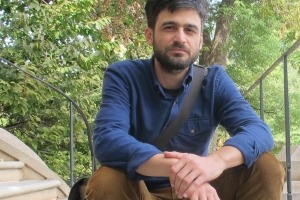
I’m an anthropologist who studies contemporary cultures and societies. When I’m not designing and teaching Engagements, I research and write about what I call “the people’s socialism” in Cuba — the way self-employed workers on the island compete with and support one another in new kinds of entrepreneurship that complicate our simple views about the “amoral market.” I’m also working toward a new project on sustainable cultures.
Anthropology is all about the human condition, in all its staggering variation. While some of my colleagues dig up relics and remains in search of bygone eras, most of us live in the now — among the people we study. We observe their values and customs, with empathy. We delight in difference, and ask what we hold in common. We cultivate the practice of knowing by experience, and move others with stories of that experience well told. We foster wonderment in the human spirit, and our work sits in that sense at the crossroads of all the disciplines.
I came to the Engagements hoping to light a spark in young people for that same kind of learning and doing. In my classes, students visit local landmarks and debate the histories that haunt us. They interview the unseen faces in their own neighborhoods. They simulate the way natural disasters get written on a social landscape. This is what deep learning is about: questioning our commonsense notions and exploring alternative ways of being with dogged devotion to the real, navigating hopeful arguments for the possible.

